The President delivers a ‘State of the Union’ Speech every year, but that’s a snooze. Just look at your worthy representatives struggling to keep their eyes open. That’s because they’ve heard it all before. We have too. Not much changes in politics. Certainly not the candidates. There’s more variety at my local gas station, where at least I get to choose from three types of fuel and five flavors of Big Gulp. So forget about politics. All the action now is happening in mainstream culture—which is changing at warp speed. That’s why we need a “State of the Culture” speech instead. My address last year was quoted and cited, and was absolutely true back then—but it’s already as obsolete as the ChatGPT-1 help desk at the Bored Ape Yacht Club. In fact, 2024 may be the most fast-paced—and dangerous—time ever for the creative economy. And that will be true, no matter what happens in November. So let’s plunge in. I want to tell you why entertainment is dead. And what’s coming to take its place. The Honest Broker is a reader-supported guide to music, books, media & culture. Both free and paid subscriptions are available. If you want to support my work, the best way is by taking out a paid subscription.If the culture was like politics, you would get just two choices. They might look like this. Many creative people think these are the only options—both for them and their audience. Either they give the audience what it wants (the entertainer’s job) or else they put demands on the public (that’s where art begins). But they’re dead wrong. Maybe it’s smarter to view the creative economy like a food chain. If you’re an artist—or are striving to become one—your reality often feels like this. Until recently, the entertainment industry has been on a growth tear—so much so, that anything artsy or indie or alternative got squeezed as collateral damage. But even this disturbing picture isn’t disturbing enough. That’s because it misses the single biggest change happening right now. We’re witnessing the birth of a post-entertainment culture. And it won’t help the arts. In fact, it won’t help society at all. Even that big whale is in trouble. Entertainment companies are struggling in ways nobody anticipated just a few years ago. Consider the movie business:
The TV business also hit a wall in 2023. After years of steady growth, the number of scripted series has started shrinking. Music may be in the worse state of them all. Just consider Sony’s huge move a few days ago—investing in Michael Jackson’s song catalog at a valuation of $1.2 billion. No label would invest even a fraction of that amount in launching new artists. In 2024, musicians are actually worth more old than young, dead than alive. This raises the obvious question. How can demand for new entertainment shrink? What can possibly replace it? But something will replace it. It’s already starting to happen. Here’s a better model of the cultural food chain in the year 2024. The fastest growing sector of the culture economy is distraction. Or call it scrolling or swiping or wasting time or whatever you want. But it’s not art or entertainment, just ceaseless activity. The key is that each stimulus only lasts a few seconds, and must be repeated. It’s a huge business, and will soon be larger than arts and entertainment combined. Everything is getting turned into TikTok—an aptly named platform for a business based on stimuli that must be repeated after only a few ticks of the clock. TikTok made a fortune with fast-paced scrolling video. And now Facebook—once a place to connect with family and friends—is imitating it. So long, Granny, hello Reels. Twitter has done the same. And, of course, Instagram, YouTube, and everybody else trying to get rich on social media. This is more than just the hot trend of 2024. It can last forever—because it’s based on body chemistry, not fashion or aesthetics. Our brain rewards these brief burst of distraction. The neurochemical dopamine is released, and this makes us feel good—so we want to repeat the stimulus. The cycle looks like this. This is a familiar model for addiction. Only now it is getting applied to culture and the creative world—and billions of people. They are unwitting volunteers in the largest social engineering experiment in human history. So you need to ditch that simple model of art versus entertainment. And even ‘distraction’ is just a stepping stone toward the real goal nowadays—which is addiction. Here’s the future cultural food chain—pursued aggressively by tech platforms that now dominate every aspect of our lives. The tech platforms aren’t like the Medici in Florence, or those other rich patrons of the arts. They don’t want to find the next Michelangelo or Mozart. They want to create a world of junkies—because they will be the dealers. Addiction is the goal. They don’t say it openly, but they don’t need to. Just look at what they do. Everything is designed to lock users into an addictive cycle.
The tech CEOs know this is harmful, but they do it anyway. A whistleblower released internal documents showing how Instagram use leads to depression, anxiety, and suicidal thoughts. Mark Zuckerberg was told all the disturbing details. He doesn’t care. The CEOs all know the score. The more their tech gets used, the worse all the psychic metrics get. But still they push aggressively forward—they don’t want to lose market share to the other dopamine cartel members—and with a special focus on children. They figured out what every junk peddler already knows: It’s more profitable to get users locked in while they’re young. And the virtual reality headsets raise even more issues—because they rewire users’ brains. Experts are already talking about “simulator sickness,” and that’s just the physical nausea, dizziness, and headaches. Imagine the psychic dislocations. And you thought artists had it tough back in the day? Even the dumbest entertainment looks like Shakespeare compared to dopamine culture. You don’t need Hamlet, a photo of a hamburger will suffice. Or a video of somebody twerking, or a pet looking goofy. Instead of movies, users get served up an endless sequence of 15-second videos. Instead of symphonies, listeners hear bite-sized melodies, usually accompanied by one of these tiny videos—just enough for a dopamine hit, and no more. This is the new culture. And it’s most striking feature is the absence of Culture (with a capital C) or even mindless entertainment—both get replaced by compulsive activity. So don’t be surprised when huge corporations stop pretending otherwise—hence entertainment businesses that suddenly embrace gambling, or other equally addictive offerings. (Now you know why the Super Bowl took place in Las Vegas—a perfect symbol for the current moment in our culture.) Everything is gamified. Anything can be scrollable. You can stimulate any boat you row. But what does this do to our brains? To our lives? To the future? Here’s where the science gets really ugly. The more addicts rely on these stimuli, the less pleasure they receive. At a certain point, this cycle creates anhedonia—the complete absence of enjoyment in an experience supposedly pursued for pleasure. That seems like a paradox. How can pursuing pleasure lead to less pleasure? But that’s how our brains our wired. At a certain point, addicts still pursue the stimulus, but more to avoid the pain of dopamine deprivation. People addicted to painkillers have the same experience. Beyond a certain level, opioid dependence actually makes the pain worse. What happens when this same experience is delivered to everybody, via their phones? The results are devastating, as expert Dr. Len Lantz explains. Even people who thought they were immune to addictive behavior, get destroyed by the cycle:
We’re now seeing the first effects on a grand social scale of this deadening effect. Sure, let’s give it a name, something like TikTok depression or Silicon Valley zombification or whatever. The key fact is that users can feel it, even if they don’t have a label or a diagnosis. They feel it even if the technocrats refuse to tell them about it. Just listen to the words people use to describe their toxic online interactions: doomscrolling, trolling, doxxing, gaslighting, etc. In the year 2024, this is what we do for fun. But it doesn’t bring happiness. The World Happiness Report surveyed 150,000 people in 26 countries, and found that the US and other prosperous, technologically advanced societies are suffering a massive happiness decline. This is what happens when anhedonia is on sale every week—and the pervasive tech platforms increasingly resemble the ruthless corporation who got rich from opioid abuse. Some companies get people hooked with pills and needles. Others with apps and algorithms. But either ways, it’s just churning out junkies. That’s our dystopian future. Not so much Orwell’s 1984—more like Huxley’s Brave New World. Dr. Anna Lembke, author of Dopamine Nation, sometimes urges her patients to undergo a “dopamine fast” for one month—a sufficient amount of time for the brain to start rewiring. But even unplugging for a few minutes can be scary for those caught in the cycle. She shares an example:
A week later, Sophie returned and reported on the new experience: “It was hard at first. But then I got used to it and even kind of liked it. I started noticing the trees.” Not long ago, I would have dismissed anecdotes like this. I couldn’t really imagine somebody addicted to Instagram or TikTok or some other phone app. But I don’t need to imagine anything now. I see those strung out junkies, hooked to their devices, wherever I go. And even their facial expressions convey that haggard strungout look. This is the real state of play in our culture in 2024. And it’s a bigger issue than just struggling artists or floundering media companies. The dopamine cartel is now aggravating our worst social problems—in education, in workplaces, and in private life. But you will hardly hear about this—because too many people are making far too much money from the dopamine culture. If you thought the drug cartels were rich, wait till you see how much money the dopamine cartel is making. For a start, check out the market cap at Apple, Meta, etc. They are literally too big to stop. But they can be named and shamed. If the politicians won’t do it, we can—and must. Just telling the truth about the dopamine cartel would be a major step forward for the culture in 2024. Also, do yourself a favor. Unplug yourself from time to time, and start noticing the trees or your goofy pets. They actually look better in real life than in the headset. I am able to write articles like this because I operate independently, without advertising or corporate affiliation. If you want to support my work by taking out a paid subscription, click here. Invite your friends and earn rewardsIf you enjoy The Honest Broker, share it with your friends and earn rewards when they subscribe. |
Search thousands of free JavaScript snippets that you can quickly copy and paste into your web pages. Get free JavaScript tutorials, references, code, menus, calendars, popup windows, games, and much more.
The State of the Culture, 2024
Subscribe to:
Post Comments (Atom)
The Weekender: Moon metaphors, procrastinating monks, and a visit to a cheese factory
What we’re reading, watching, and listening to this week ͏ ͏ ͏ ͏ ͏ ͏ ͏ ͏ ͏ ͏ ͏ ͏ ...
-
code.gs // 1. Enter sheet name where data is to be written below var SHEET_NAME = "Sheet1" ; // 2. Run > setup // // 3....
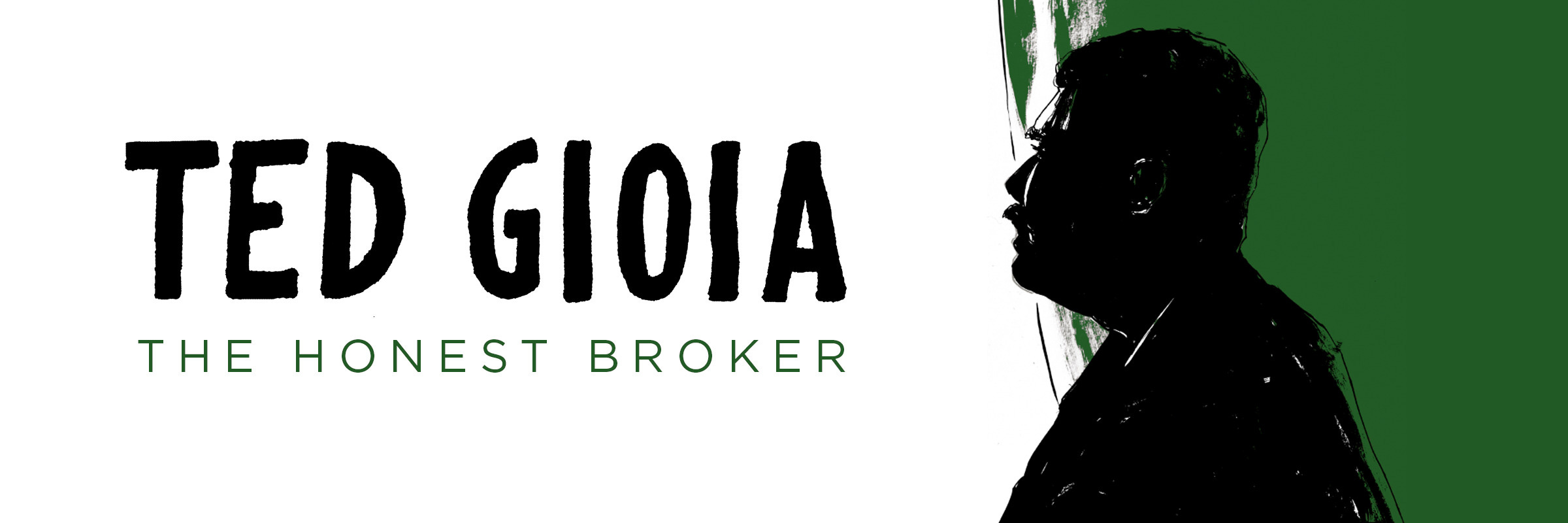
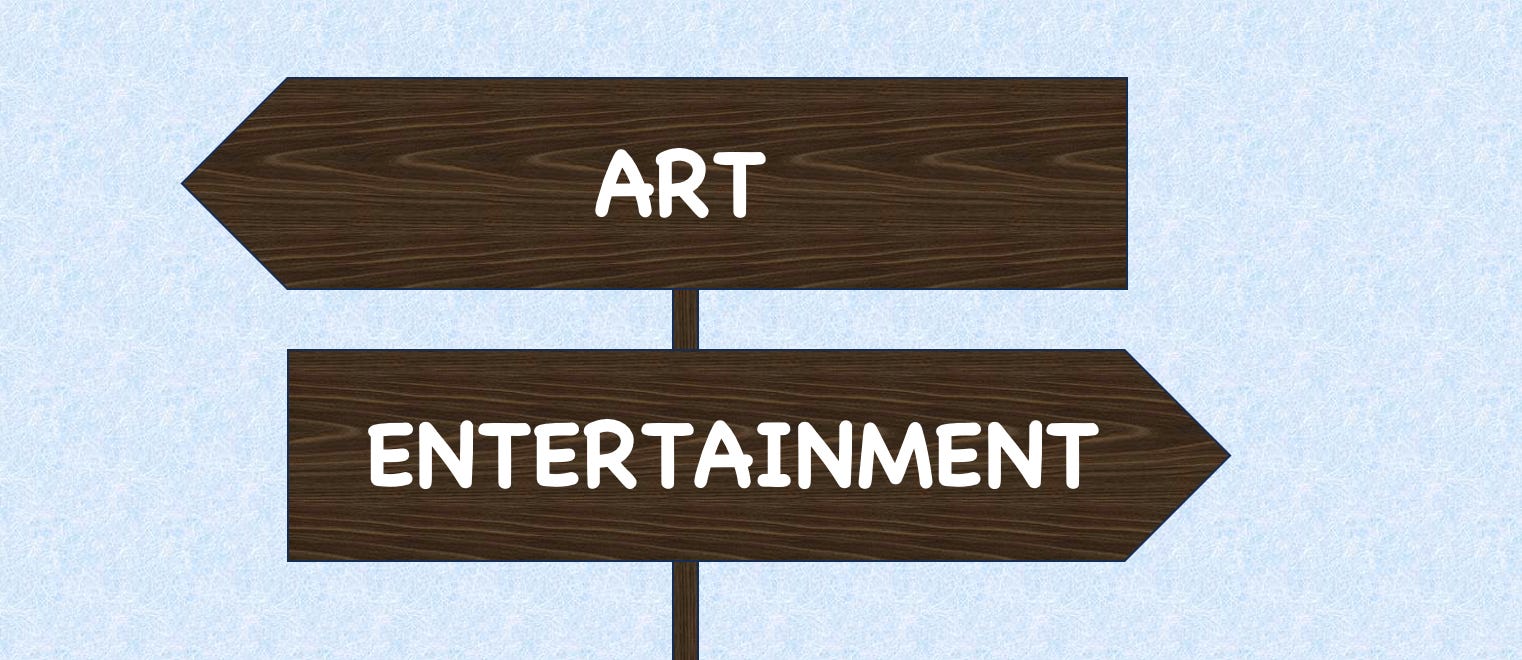
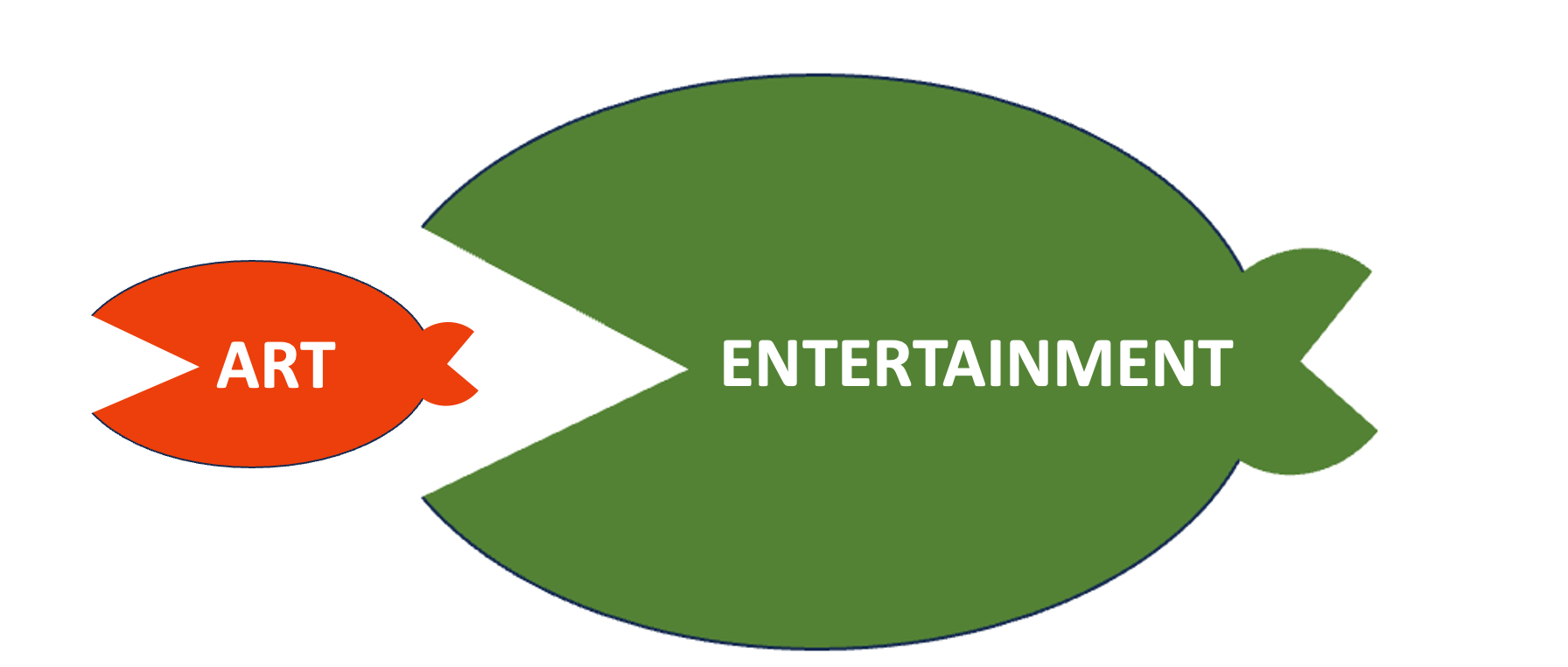
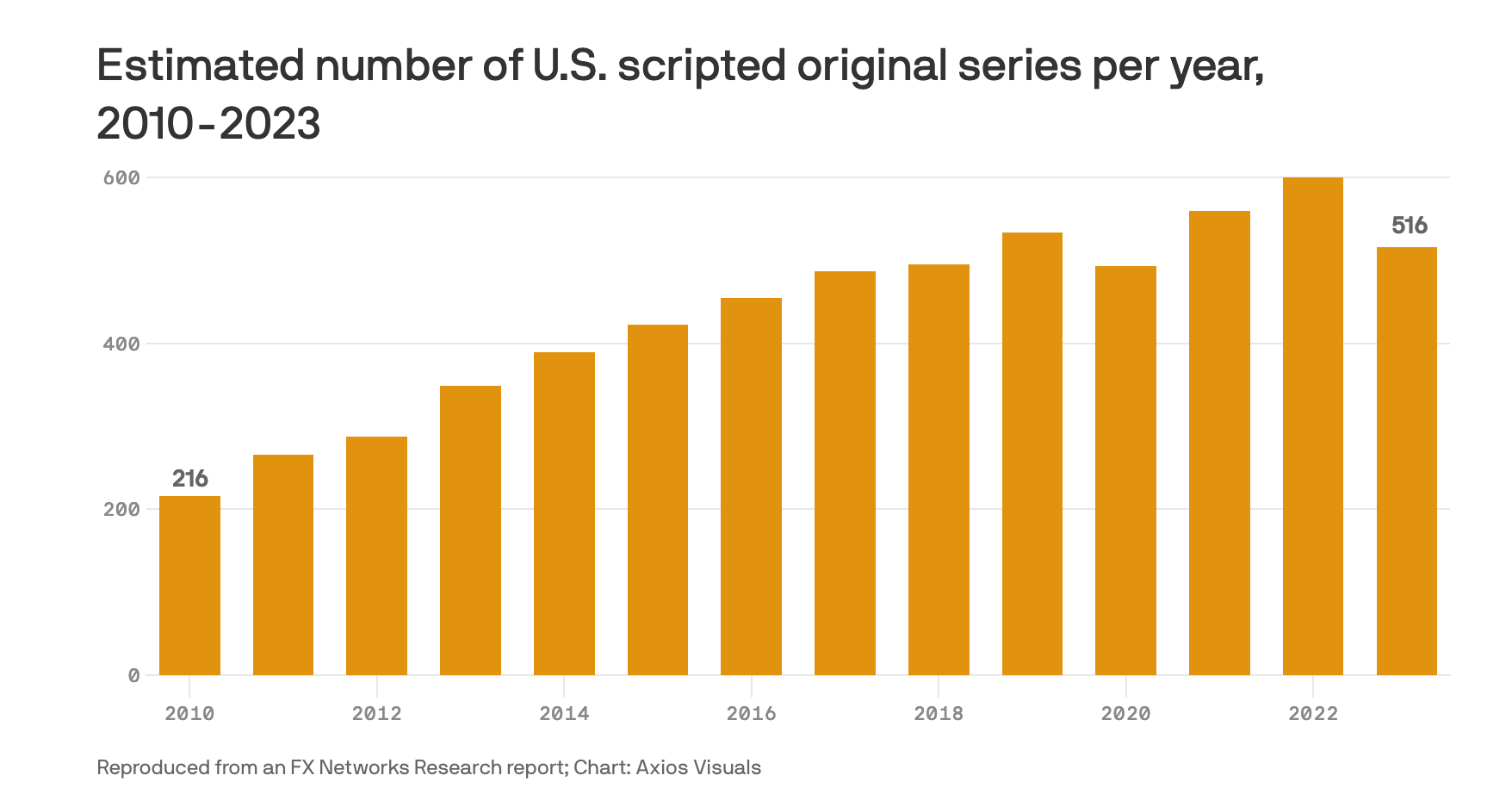
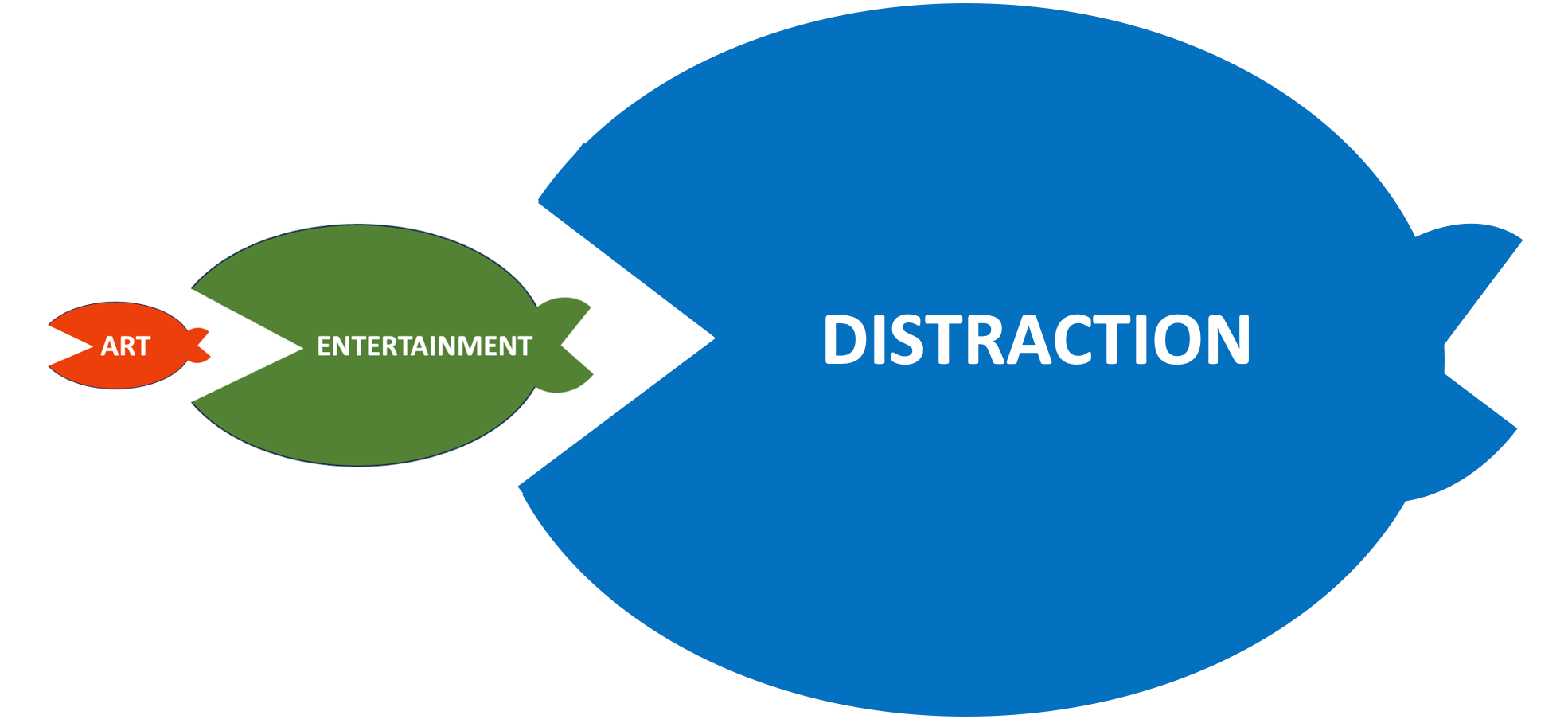
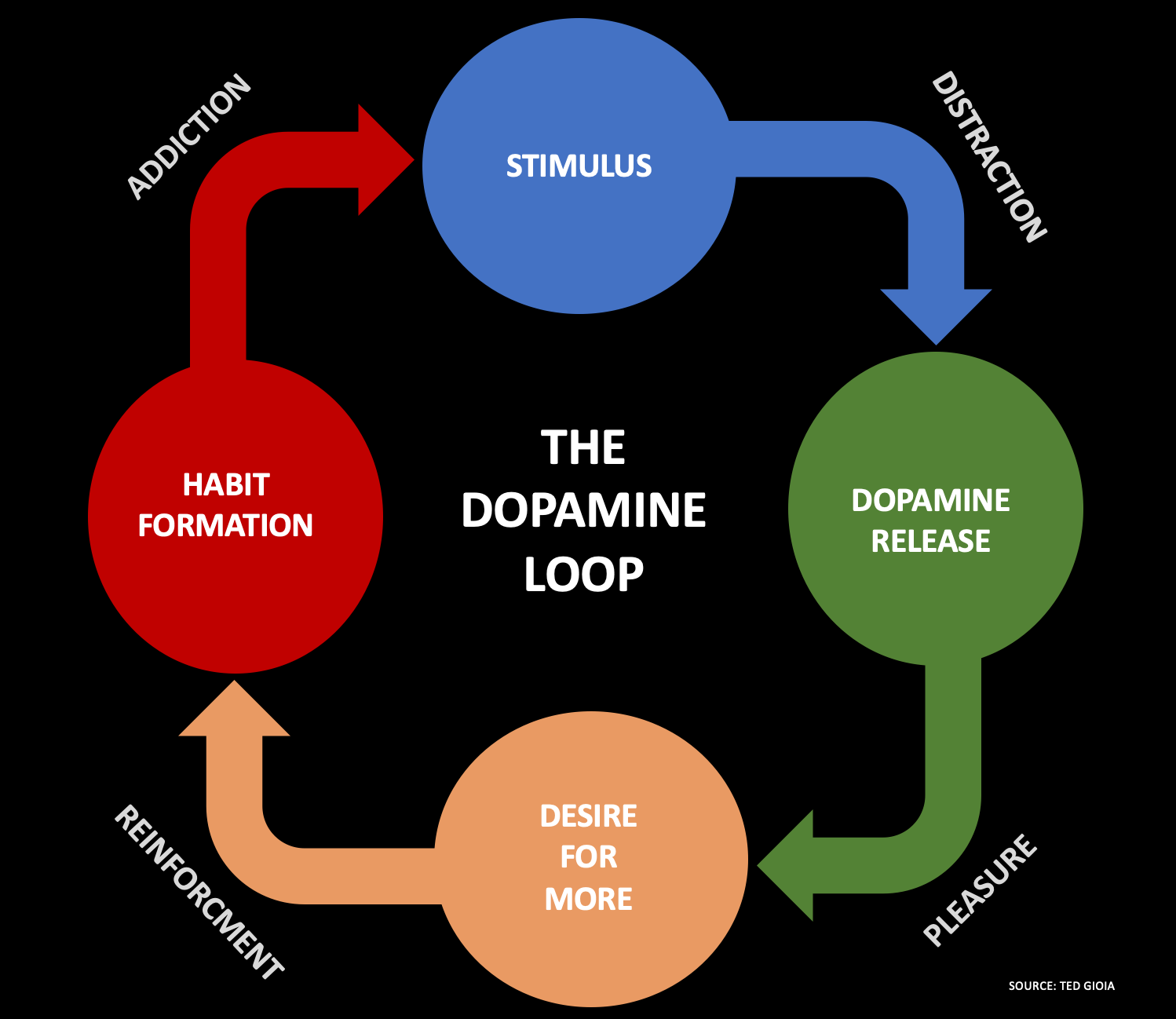
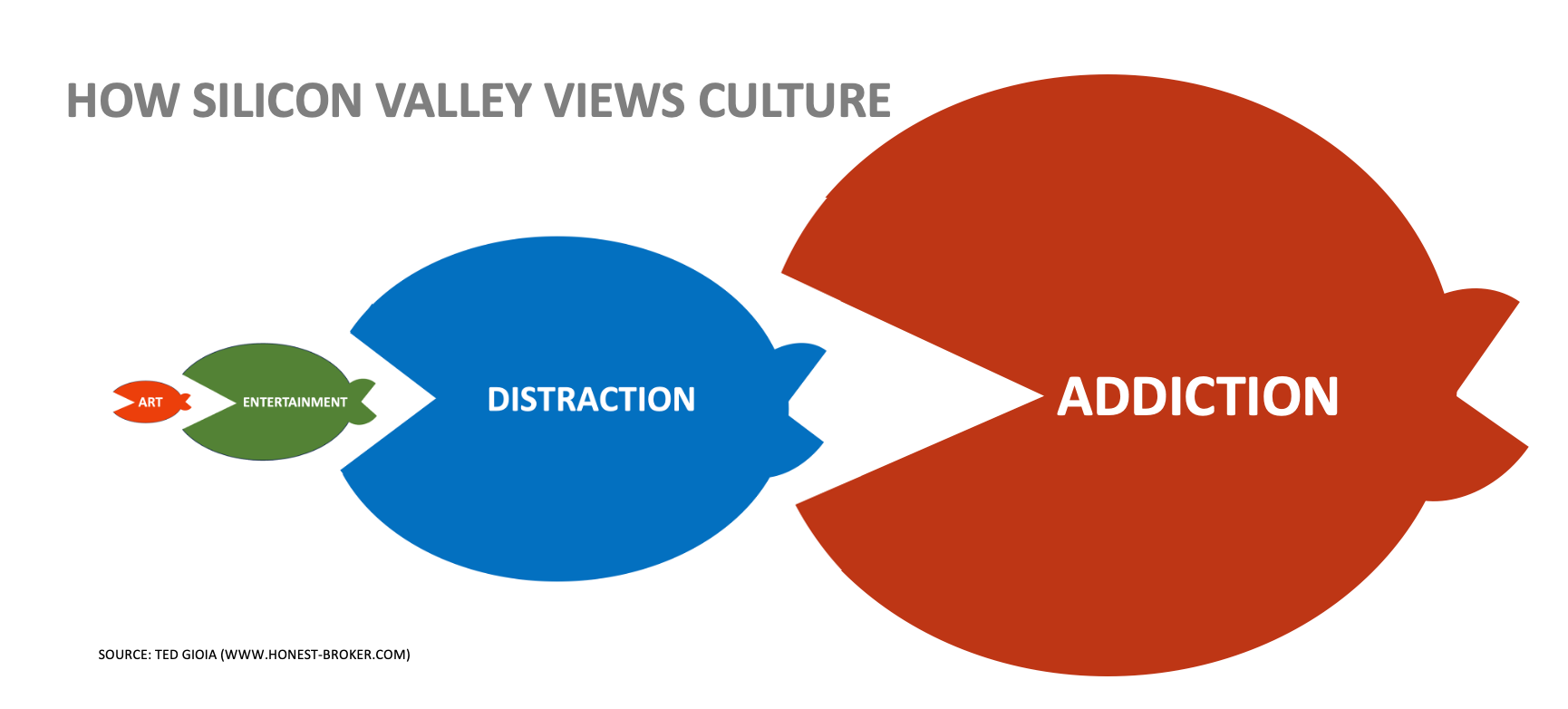
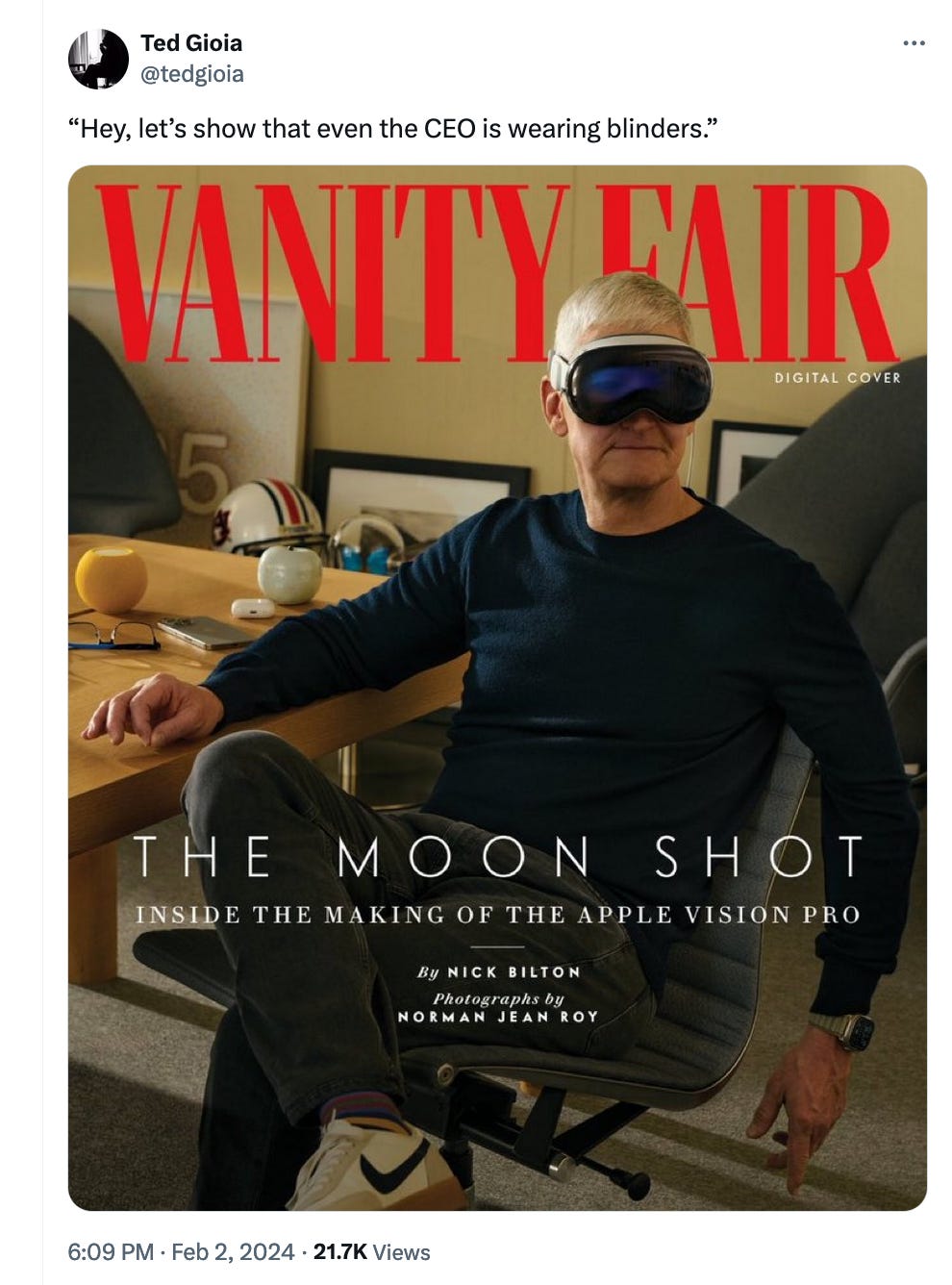
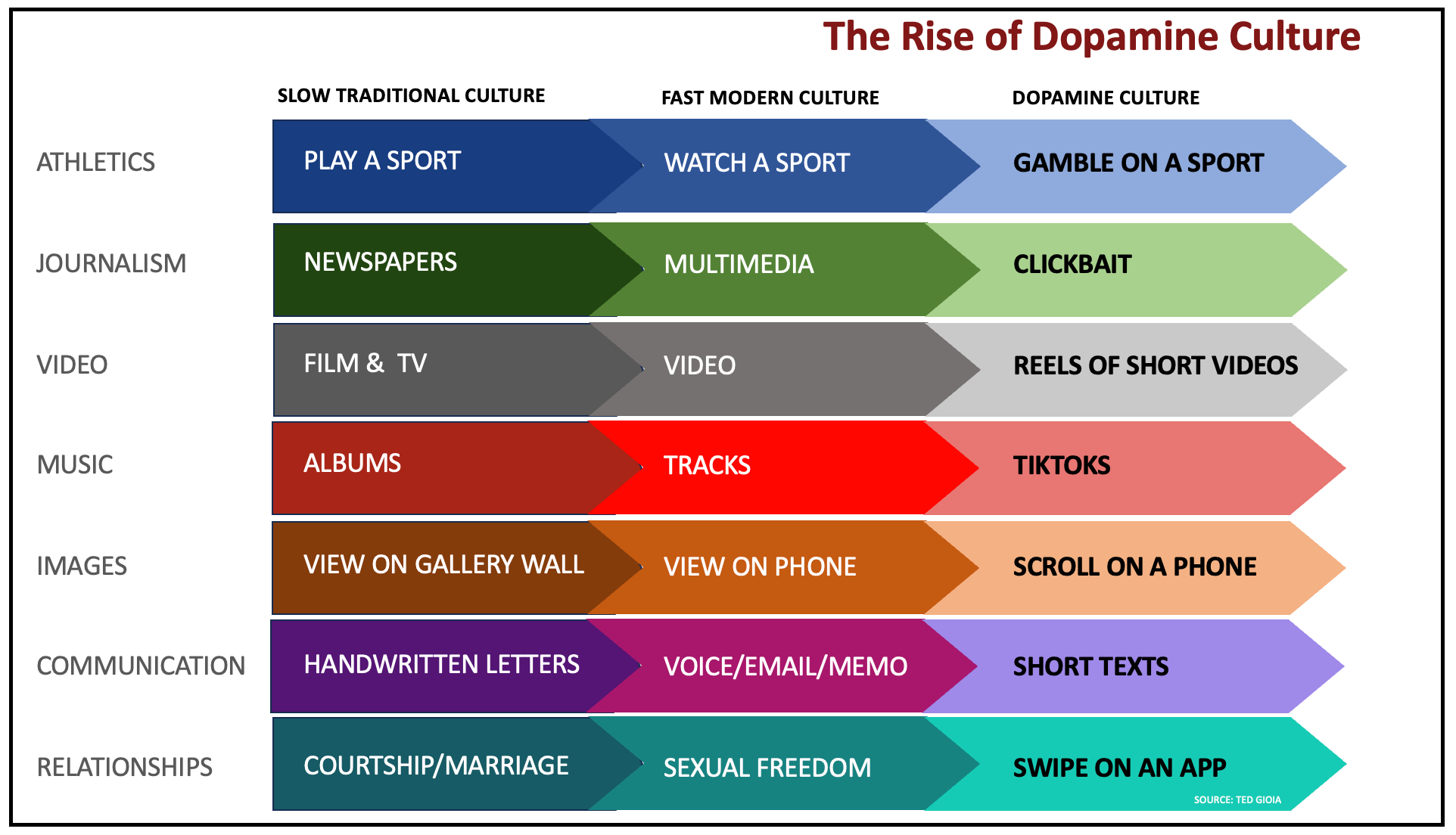
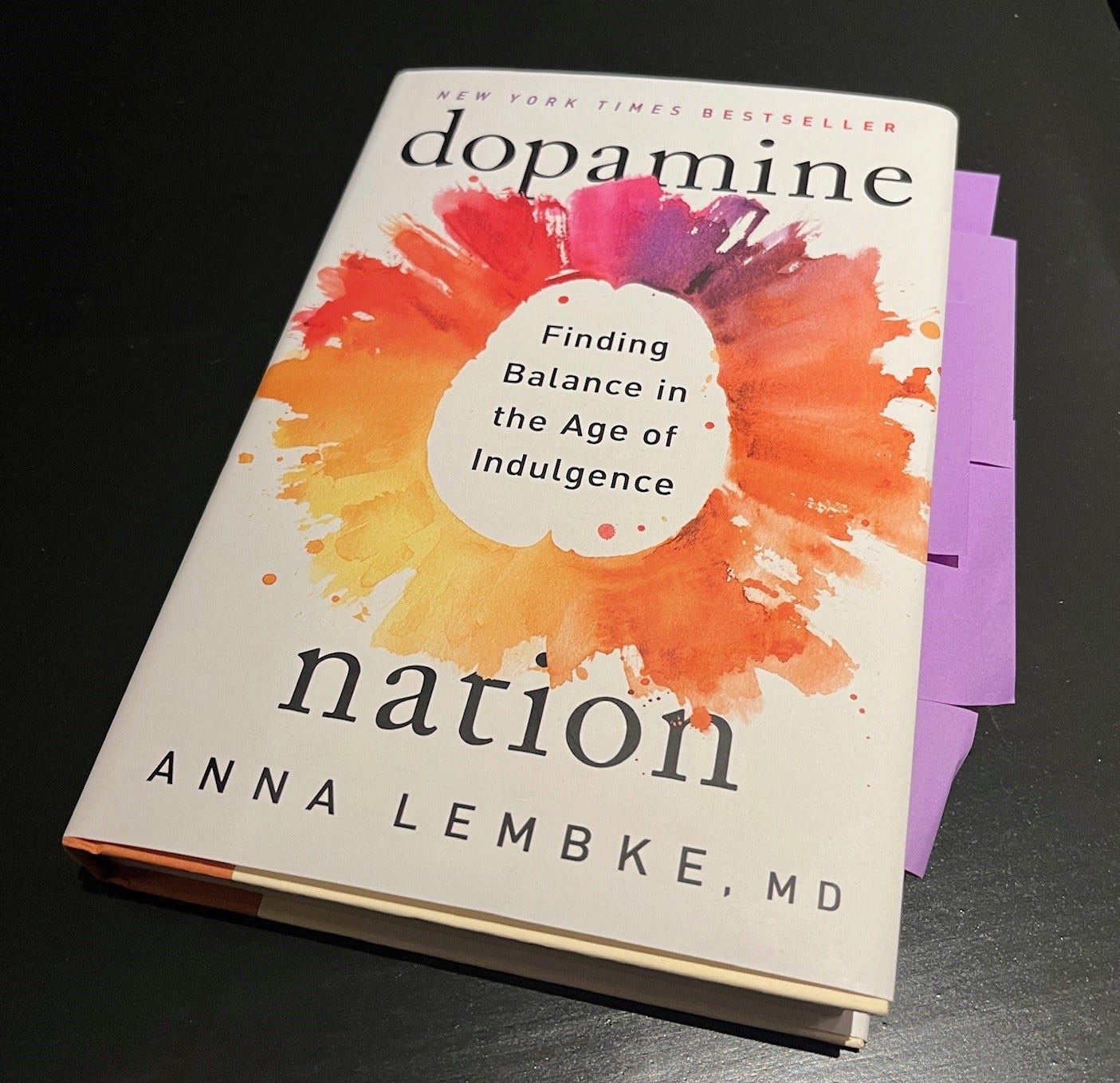
No comments:
Post a Comment